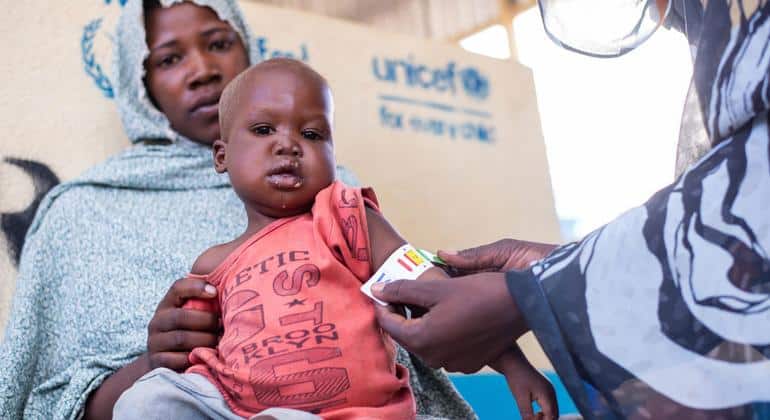Sure! Here’s the translation into American English:
—
The World Health Organization (WHO) has released its health statistics report for the year 2025, which reveals the severe repercussions resulting from the COVID-19 pandemic. This report highlights an alarming reduction in global life expectancy, which has decreased by 1.8 years between 2019 and 2021. This marked decline is the most significant recorded in recent history, reversing a decade of health advancements.
Dr. Tedros Adhanom Ghebreyesus, Director-General of the WHO, emphasized the need to recognize the human impact behind the numbers, pointing out that many tragedies highlight critical failures in health access and protection, especially for women and girls. “All governments have a responsibility to act urgently,” he urged.
Despite the challenges, the report also highlights that 1.4 billion people have managed to live healthier lives, surpassing the WHO’s goal of 1 billion. This progress has been made possible due to a decline in tobacco use and improvements in air quality, as well as broader access to clean water and sanitation systems. However, only 431 million people have accessed basic services without facing economic hardships, and progress in reducing maternal and child mortality remains insufficient.
The rise in deaths due to non-communicable diseases, such as diabetes and cancer, is also concerning, driven by an aging population. Although some countries have recorded improvements, air pollution remains one of the leading causes of preventable mortality.
As for infectious diseases, while HIV and tuberculosis rates are declining, malaria has experienced a resurgence since 2015. Child vaccination coverage has not returned to pre-pandemic levels, and many countries face severe challenges related to malnutrition and unsafe living conditions.
The recent reduction in international aid adds another concern, as it could destabilize the achievements made in the most vulnerable nations. The WHO stresses the urgent need for sustainable and predictable financing to protect the progress made and to address the rising public health threats.
Dr. Samira Asma, WHO’s Deputy Director-General, has pointed out that it is essential to improve data collection and accuracy to ensure that health programs continue to evolve and to make premature deaths the exception. With smart investments and a rapid and large-scale approach, there is potential for clear health benefits for all nations.
Referrer: MiMub in Spanish
